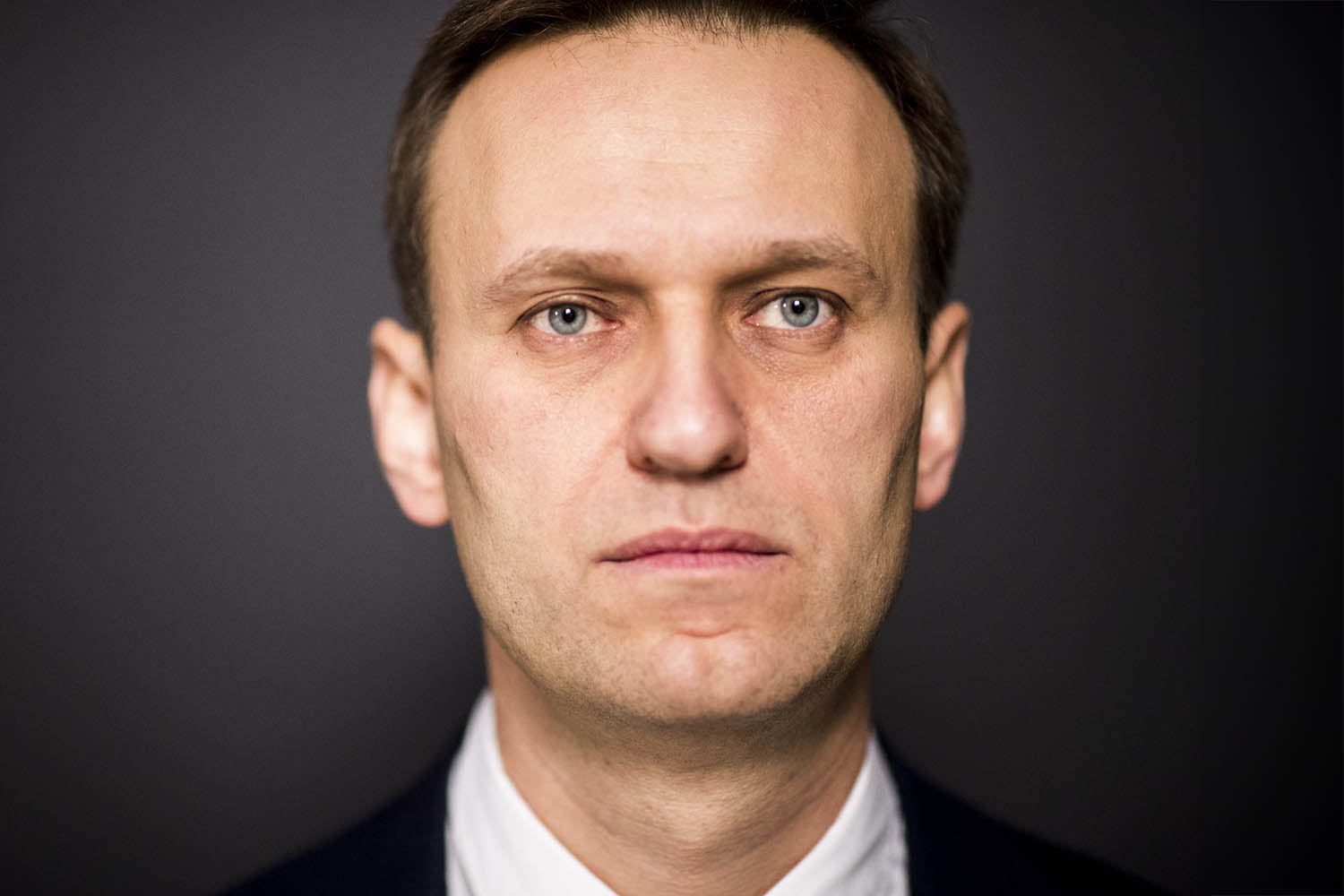
Alexei Navalny, the Russian opposition leader, has died in the Arctic penal colony where he was serving a 19-year sentence for what prosecutors called extremism and fraud, according to Russian officials.
A prison service statement said Navalny had been taking a walk when he collapsed. An ambulance was called and “all necessary resuscitation measures were carried out,” but he couldn’t be revived and was pronounced dead at the scene. He was 47.
Navalny was a charismatic campaigner who fought an increasingly lonely and dangerous battle against the corruption of the Putin regime. He barely survived being poisoned with the novichok nerve agent in 2020 before returning to Russia from hospital in Germany to publicise a documentary about Putin’s $1 billion “palace” on the Black Sea. The film has been watched over 100 million times.
Navalny’s allies, most of whom now live in exile, could not confirm his death. “We have no reason to believe state propaganda,” Leonid Volkov, his chief of staff, wrote on X. “If this is true, then it’s not ‘Navalny died,’ but ‘Putin killed Navalny,’ and only that.”
Tributes were paid nevertheless by western leaders including the UK‘s prime minister, Rishi Sunak, who called Navalny’s reported death a “huge tragedy” for his wife and the people of Russia. Putin was reported to have been told, but had yet to comment.
Navalny’s background as a nationalist was eclipsed in later years by his anti-corruption campaigning, which targeted oligarchs and former President Dmitri Medvedev as well as Putin. He ran for the mayoralty of Moscow in 2013, winning 27 per cent of the vote in an election he claimed was rigged against him.
Barred from running for president in 2018, Navalny continued to travel the country campaigning for free elections. In August 2020 he fell ill on a flight from Tomsk in Siberia, apparently targeted with novichok by a special unit of the FSB. He nearly died while waiting for medical help when the aircraft made an emergency landing at Omsk, and was eventually evacuated to Berlin in a coma.
He made an against-the-odds recovery and returned to Moscow the following year, saying: “This is the best day in the last five months. I’m home.”
Navalny was detained at the airport and separated from his wife, and never released. His predecessor as de facto leader of Russia’s opposition, Boris Nemtsov, was shot dead outside the Kremlin in 2015. In a Russia where dissent has been driven underground, punishable with 15 years in jail for the slightest offence, he has no obvious successor.
When Tucker Carlson, the disgraced former Fox News anchor, interviewed Putin last week, he failed to ask about Navalny. Whether that emboldened the Kremlin to move against its best-known prisoner may never be known, but open source investigators say the prison service press release announcing his death was issued two minutes after the official time of death.
Unlike Putin, Navalny was tall, handsome and a natural crowd-pleaser. When normal programming was interrupted to announce the news of his death on Russian state TV, supporters began laying flowers at monuments to victims of Soviet repression, though there was no immediate echo of the mass demonstrations that marked his detention three years ago.
Most praise for his courage came from abroad, and with it condemnation of Putin. President Biden said whatever the details of his death it was clear Navalny was in the end a victim of "Putin and his thugs". Ukraine's President Zelensky said it was "obvious he was killed by Putin. Navalny himself said after his most recent conviction that he was "serving a life sentence, which is measured by the length of my life or the length of this regime".
The regime outlived him. His death was announced a month before an "election" in which, in a mockery of democracy, Putin will be handed another six years in power. It follows by a few days Donald Trump's astonishing invitation to Russia to do "whatever the hell it wants" to Nato members who fail to pay enough for their own defence.
There have been two categories of reaction from Russia-watchers so far: disdain from those who see Navalny's death as a symptom of weakness and paranoia in the Kremlin given that he posed no real threat to Putin's power; and disgust from those who see it as another display of "fuckyouism" – the brazen rejection of all rules and norms that led Putin's forces into Georgia in 2008, Crimea in 2014, Syria in 2015 and the rest of Ukraine in 2022, and which has ended the lives of so many brave enough to stand against him.
What none doubt is that Putin's decision to jail him the moment he returned from Germany led, directly or indirectly, to his death.
As it was announced, his widow, Yulia Navalnaya, was in Munich preparing to attend the city's annual security conference. She appeared at the conference shortly afterwards, saying she was sure it was what her husband would have done in her place. "I want Putin and everyone around Putin... to know that they will bear responsibility for what they did to our country, to may family and to my husband," she said. "And this day will come very soon."
